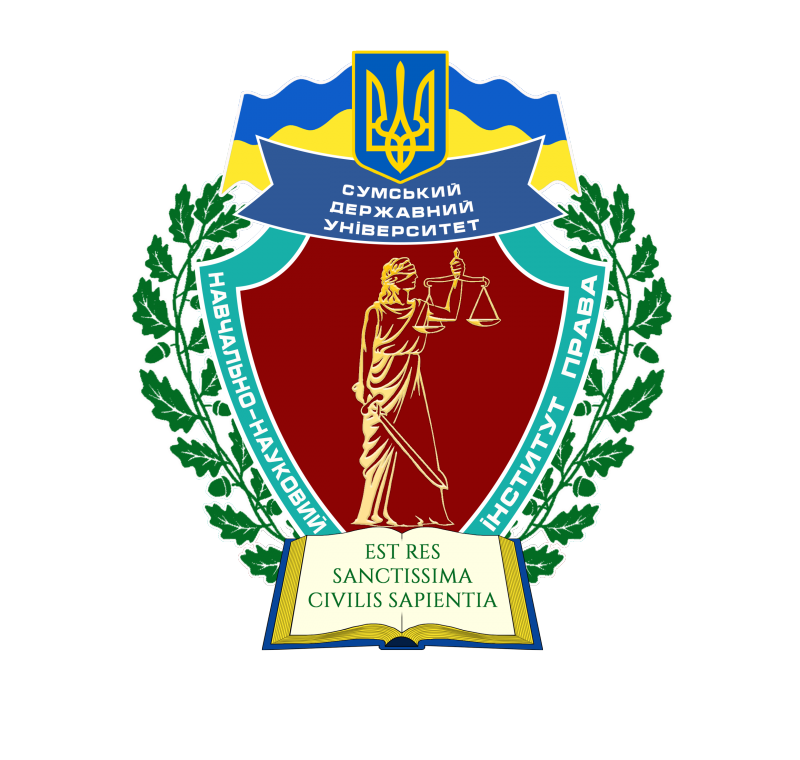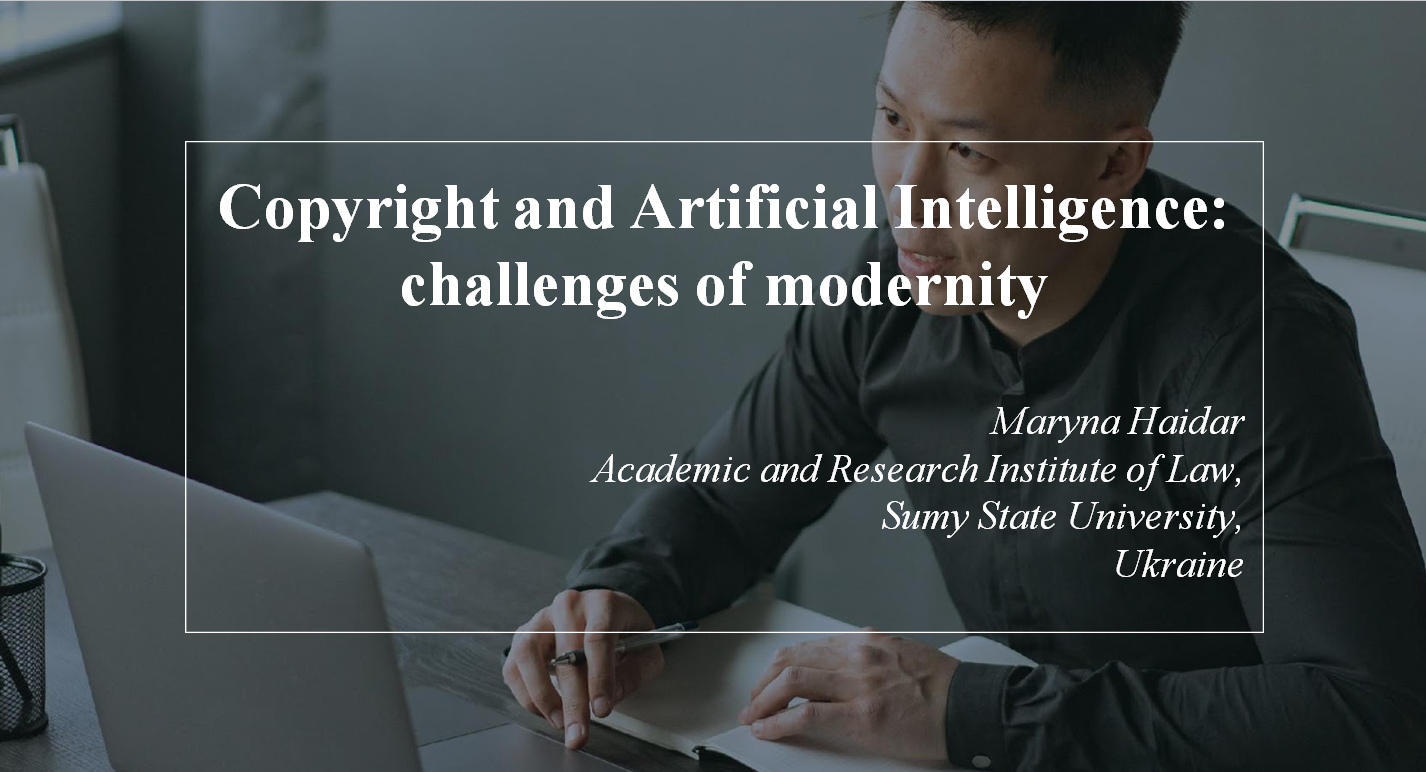From February 28 to March 1, the international conference “The Law, Ethics, and Policies of AI and Future Technologies” was held at the Tallinn University of Technology.
Students and postgraduate students of the National Institute of Law prepared scientific reports and represented them at the conference.
Serhiy TSUKAN, a graduate student of the Department of the Federal University of Economics and Technology, prepared a speech on the topic: “Principles of state regulation of the circulation of cryptocurrencies: theoretical aspect.” The report emphasized that the emergence and rapid development of virtual assets, in particular the most popular of them – cryptocurrency, caused numerous challenges to the legislative and executive bodies of state power. Serhii analyzed the experience of foreign countries regarding regulating these assets and emphasized the importance of regulatory regulation of the legal status and order of circulation of virtual assets.
Svitlana LELEKA, a 1st-year student, prepared a report on the topic “Application of electronic democracy tools: experience of EU countries.” Svetlana identified the positive features and risks of using electronic democracy tools. Separately, I focused on electronic elections and petitions and analyzed the experience of EU countries regarding their use. The speaker referred to the experience of Estonia regarding electronic voting and the possibility of its application in Ukraine.
The report of the 4th year student Hanna ZINCHENKO was devoted to the advantages and risks of using artificial intelligence in the judicial system. Hanna posed a question to the audience and modeled her vision of the answers. The questions were: Could artificial intelligence do a judge’s job better than a human? Can artificial intelligence as a judge hearing a case violate the right to a fair and impartial trial? The student’s report caused a lively discussion among the conference participants and led to several questions for the speaker, who clearly expressed her opinion.
Maryna GAYDAR’s presentation devoted to copyright and artificial intelligence and the associated challenges. Marina focused on considering the following issues: authorship and originality of work created with the help of artificial intelligence; the moment of copyright creation for a work created by artificial intelligence. The conclusion of the scientific study is the need for regulatory regulation of copyrights for works created with the help of artificial intelligence at the international and national levels.





